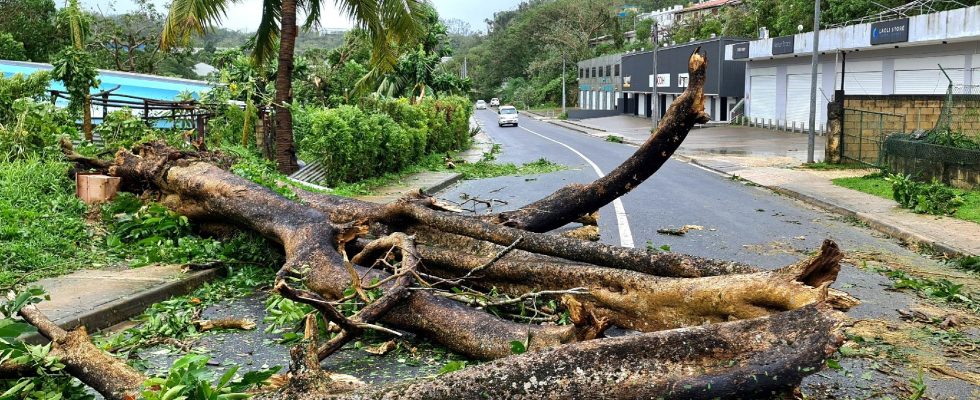“Together, you are writing history,” said United Nations Secretary General Antonio Guterres from the podium, when discussing the resolution presented on Wednesday March 29. The UN General Assembly adopted, by consensus and to applause, a “historic” resolution requesting the opinion of the International Court of Justice (ICJ) on the “obligations” of States in the fight against global warming climatic.
This judgment could give new impetus to the global fight against climate change by imposing a series of “obligations” on heads of state in terms of action. What is not yet won. How will the main greenhouse gas emitting countries like the United States or China react?
In 2015, during the Paris agreements, they had obtained the ratification of a clause specifying that the text “cannot give rise to or serve as the basis for any liability or compensation”. This resolution therefore focuses on the debate on the financing of reparations linked to the destruction caused by climate disasters.
Advisory opinion
The discussions come as just a week ago, UN climate experts (IPCC) reaffirmed that global warming should reach the 1.5°C threshold by 2030-2035 compared to the pre-industrial era. , the most ambitious objective of the Paris agreements.
Although ICJ opinions are not binding, they carry significant legal and moral weight, often taken into account by national courts. This session “will be a test for the States, to show […] what side of history they are on,” said Nikki Reisch of the Center for International Environmental Law before the resolution was adopted.
Antonio Guterres said the future opinion of the UN judicial body could help world leaders to “take the braver and stronger climate action that the world so desperately needs”.
The small country of Vanuatu, which carried this resolution, has been confronted for years with the consequences of atmospheric warming. Even recently, the archipelago was devastated by two powerful cyclones in a few days. The initiative of his government, supported by 120 states, was launched in 2021 following a campaign led by students from a university in Fiji two years earlier. It is “a clear and strong message not only around the world but also far into the future, that on this day, the peoples of the United Nations (…) have decided to put aside their differences and work together to s to tackle the main challenge of our time, climate change,” said Vanuatu Prime Minister Ishmael Kalsakau.
“It will be an important tool for holding states accountable,” said Harjeet Singh, member of the NGO network Climate Action Network, welcoming AFP, hailing “one of the greatest successes of recent climate diplomacy” .
